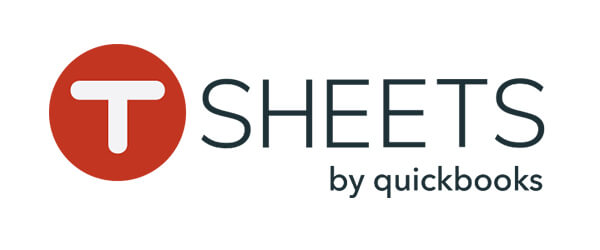Does my Business need a Bookkeeper?
We break through the language of finance to help you understand the needs of your company. Simplicity in, jargon out.
What is a bookkeeper's job?
In a company's accounting system, a bookkeeper 's job is to join, categorise, review and reconcile transactions. Getting correctly classified sales and expenditures data helps company owners to see where they invest and make profits.
Historically a bookkeeper will receive a list of entries or transactions in the form of receipts, emails, bank statements, credit card statements, invoices, loan records, etc. and allocate them to various forms of transaction accounts. Although this practise is still popular, it does not need to be so.
Today, several accounting services automatically pull data from bank accounts, credit cards, point-of - sale systems, or e-commerce devices, and instead of having to enter data from scratch, the bookkeeper ensures that the various transactions go through the appropriate accounts and transfer them manually to separate accounts if necessary.
In addition, a bookkeeper can manage billing (accounts payable) and invoicing (accounts receivable) http://edition.cnn.com/search/?text=bookkeeping to help a company stay on top of the money that comes in and leaves the company (their cash flows).

When do I need a bookkeeper?
All companies need bookkeeping, however many business owners prefer to approach this task themselves. If you are however:
—Too busy categorising transactions to concentrate on other business sections (such as selling, developing, or growing);
— Without reporting receivables on the accounts
— Behind sending out customer invoices
—Bills and receipts are practically held in a shoebox
— To have many too many accounts to obtain useful insights into the company
—Do not have information on what you invest and what you're doing
—Play a year-end catch to get your books for tax season
—Spending more than 5 hours on bookkeeping activities each month ...
—It might be time to consider hiring a part time bookkeeper for your company.
A dedicated bookkeeper can handle most of these functions in a few hours a month – depending on the complexity and size of your business – and provide regular financial updates and a clear statement of profit and loss and balance sheet, freeing you to spend more time pursuing tasks that create real value for your business.
Imagine you 're a cold-pressed juice business that define bookkeeper has slowly expanded to the point that you're considering increasing your product range by providing catering services or getting nutritious lunches to go. Yet instead of spending a few hours a month designing your launch schedule, you're stuck doing the job of bookkeeping.
If you value your time more than what you would pay for doing your bookkeeping (or mowing your lawn, posting on social media, or most of the non-critical tasks) you can pay someone else to do it ... every time. In this case, it's time to employ a part-time, remote bookkeeper and allow them to tackle the data entry while doing what's best for you – run your business!
Frequently asked Bookkeeping questions
How often will I contact my bookkeeper?
This is completely up to you, but at the very least we suggest checking in bi-monthly (twice a month). The amount you check-in can also depend on how confident you are that your bookkeeper handles everything you need for them to be consistent and proactive.
How do I know the work my bookkeeper completes is good?
Your bank accounts and credit cards are being reconciled, your expenses are being listed, you frequently submit financial reports, and these things are being completed continuously without you having to pester the bookkeeper.
Will a bookkeeper work with my new accountant or Finance team?
Definitely. Truly. If you already have an accountant but they need help, you have options: you can work with a bookkeeper they suggest, you can scour various forums and local listings to try to find someone on your own, or you can make Trillium do all the legwork for you. We will link you to a highly-vetted freelance bookkeeper who has worked with many accountants, has expertise in your business, and suits your current team with a strong personality.
Will I need a local accountant or can I use a remote bookkeeper?
It's your call in at the end of the day. But local bookkeepers usually would be generalists; you will find someone with experience in your business by going with a remote bookkeeper. We've tested both methods and found that, when balanced by sector and level of experience, clients and bookkeepers are more pleased with the structure than with geography.
Where will I find a decent bookkeeper?
London Ontario, of course! Each of our network's bookkeepers have done so through a multi-step screening process that tests their financial and communications skills. We consider fewer than 5 percent of the thousands of people who apply. So, then you can spend your limited time searching various freelancer pages, interviewing candidates and reviewing references. Alternatively, you can use Trillium, and know you get the best.